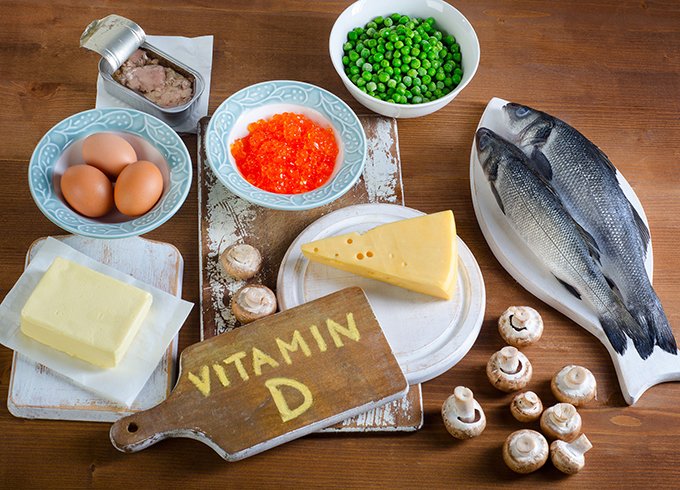It is estimated that as much as 35% of all cancers have a foundation in lacking nutrition. When lifestyle factors such as smoking and exercise are included, the associated risk becomes much stronger and may be as high as 85%. This makes the latest study, published in the journal Endocrinology, all the more interesting.The study’sauthors show a direct correlation between vitamin D deficiency and the spreading of breast cancer cells.
The study, titled “Tumor Autonomous Effects of Vitamin D Deficiency Promote Breast Cancer Mestastasis,” indicates that not only are many breast cancer patients found frequently to have a preexisting deficiency in vitamin D levels (low serum 25-hydroxyvitamin D), but a number of epidemiological studies have found an inverse link between breast cancer risk and vitamin D status. This again outlines the vitamin d-cancer relationship.
In other words – once again, a healthy diet full of vitamin-rich foods can help to prevent cancer.
The study abstract states:
“We found that ablation of vitamin D receptor expression within [breast cancer] BCa cells accelerates primary tumor growth and enables the development of metastases, demonstrating a tumor autonomous effect of vitamin D signaling to suppress BCa metastases. We show that vitamin D signaling inhibits the expression of the tumor progression gene Id1, and this pathway is abrogated in vitamin D deficiency in vivo in 2 murine models of BCa.
These findings are relevant to humans, because we discovered that the mechanism of VDR regulation of Inhibitor of differentiation 1 (ID1) is conserved in human BCa cells, and there is a negative correlation between serum 25-hydroxyvitamin D levels and the level of ID1 in primary tumors from patients with BCa.”
Vitamin D is naturally made by the body when we spend time in the sun, but it can also be derived from cod liver oil, fatty fish, Portabello mushrooms, tofu, fortified cereals, cheese, and egg yolks.
This is yet another scientific confirmation that our diet and lifestyle choices profoundly affect gene expression. We are not relegated to the patterns of our ancestors, with a predisposition for cancer. We can change how our genes react by how we react.



'New Study Links Vitamin D Deficiency with Breast Cancer Cell Growth' has no comments
Be the first to comment this post!